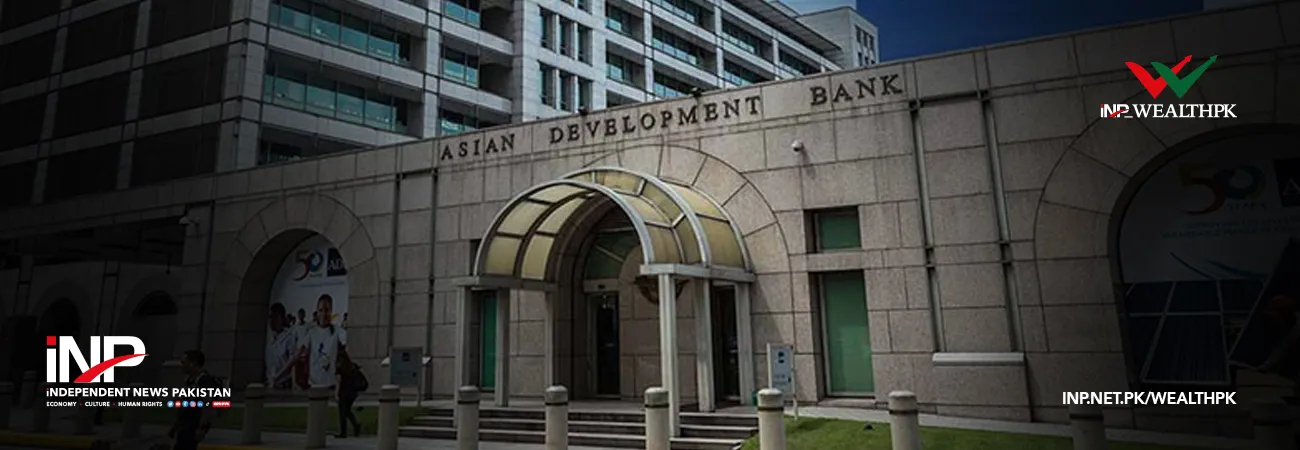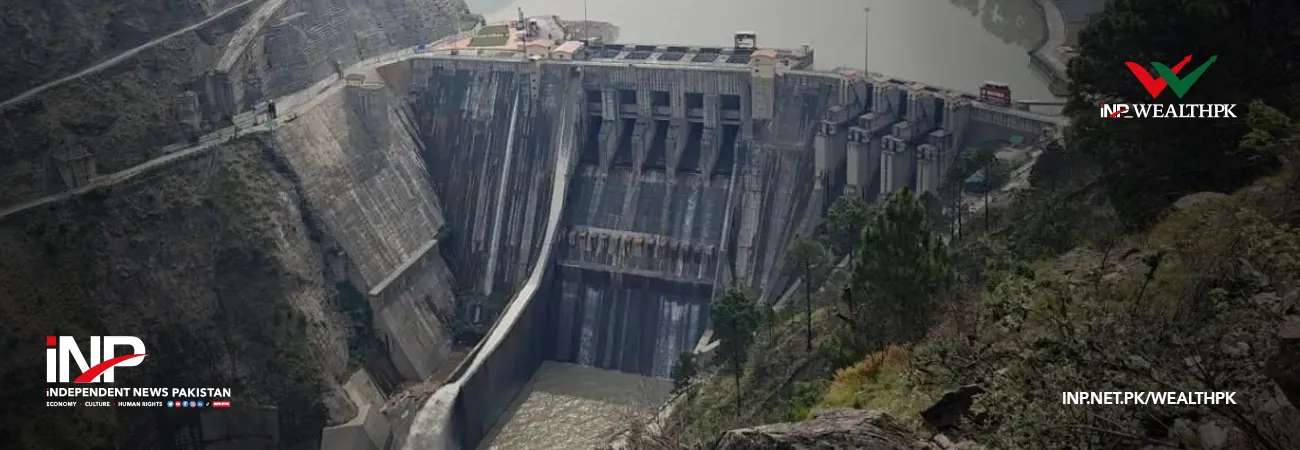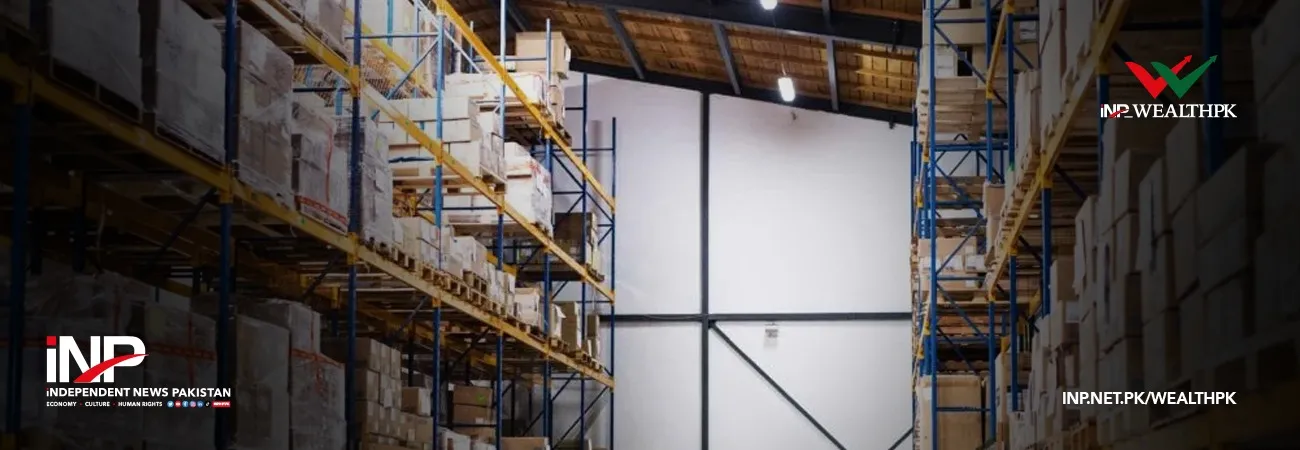INP-WealthPk
Ayesha Saba
Vertical development offers a promising solution to Pakistan's housing crisis as it efficiently utilises the limited land resources, increases housing supply, and fosters sustainable and well-designed urban communities. Talking to WealthPK, Arsalan Jawed, co-founder of Graana.com, said the success of vertical constructions depends on coordinated efforts among policymakers, urban planners, developers and communities to create a more inclusive and prosperous future for Pakistan's cities. “Pakistan's urban areas are characterised by rapid population growth and limited space for horizontal expansion, as the country experiences the highest rate of urbanisation in South Asia,” he pointed out. He stated that urban housing shortage is a complex issue stemming from various and often poorly comprehended factors. Numerous structural and other issues have significantly constrained the housing supply within Pakistan, he added.
“High-rise buildings allow for the vertical maximisation of land, enabling the construction of a greater number of housing units on a smaller footprint. With a vertical development model, Pakistan can address its housing crisis in a more efficient and effective manner.” Jawed stressed the importance of comprehensive urban planning and robust regulatory frameworks that prioritised vertical growth. “This should involve zoning regulations that designate specific areas for high-rise constructions and mixed-use development.” “By doing so, Pakistan can effectively manage land use and encourage developers to invest in vertical projects,” he said. “Additionally, offering tax incentives for projects focused on sustainability or affordable housing can further stimulate the market for vertical development,” he opined. The Graana.com chief added that it is equally essential to make sure that these developments are resilient to environmental threats and economically sustainable.
Meanwhile, President of Islamabad Estate Agent Association (IEAA) Sardar Tahir Mehmood told WealthPK that like many other developing nations, Pakistan finds itself in a situation where it must accelerate its vertical development due to a variety of factors. “There is a pressing need for improved planning and infrastructure in order to accommodate high-rise buildings. Urban planning agencies should be established, and where they already exist, should be empowered to oversee and guide vertical development initiatives in the cities. These agencies can ensure that projects align with urban development goals by enforcing compliance with regulations effectively,” he suggested. According to UNDP, Pakistan faces a housing shortfall of around 10 million units.
With limited natural resources, landmass for residential purposes, and a predominantly agricultural economy, the housing crisis can only be averted through vertical development. According to the Ministry of Planning, Development and Reform, Pakistan has a low population density of only 6,000 people per square kilometre, compared to Dubai’s high density of 200,000 people per square kilometre. As per the ‘Pakistan Vision 2025’ document prepared by the Planning Commission, development of vertical housing societies is one of the primary objectives under the vision.
Credit: INP-WealthPk













